High Quality Items at Special Discounts!
Add $300.00 to cart and get free shipping!
No products in the cart.
Soon stocks will run out
Dont miss this opportunity while supplies last.
Angel Soft Toilet Paper, 9 Mega Rolls
available only:
32Vaseline 100% Pure Petroleum Jelly Original Vaseline 1.75 oz
available only:
39California Pizza Kitchen Margherita, Crispy Thin Crust Pizza, 15.5 oz (Frozen)
available only:
20Philadelphia Original Cream Cheese Spread – 12oz
available only:
52Teriyaki Beef Sirloin Strips – price per lb
available only:
41Pearl Milling Company Original Syrup – 24 fl oz
available only:
17Soon stocks will run out
Dont miss this opportunity while supplies last.
available only:
4available only:
2available only:
2available only:
2The Friday Checkout: Food Insecurity Keeps Retailers Off Balance
In the bustling aisles of supermarkets and the online shopping carts of e-commerce platforms, food insecurity looms as a persistent challenge, keeping retailers on their toes. As the weekend approaches, the checkout counters witness a flurry of activity, but behind the scenes, the issue of food insecurity casts a shadow over the retail landscape.
Food insecurity, defined as the lack of consistent access to enough food for an active, healthy life, affects millions of individuals and families worldwide. While the causes are multifaceted, ranging from poverty and unemployment to systemic inequalities, its impact reverberates throughout society, touching both urban and rural communities alike. In the midst of plenty, the stark reality of hunger persists, posing a complex dilemma for retailers striving to balance profitability with social responsibility.
For retailers, navigating the delicate balance between meeting consumer demand and addressing food insecurity presents a formidable challenge. On one hand, they must cater to the needs and preferences of their customers, ensuring a diverse range of products and services to drive sales and profitability. Yet, on the other hand, they are confronted with the moral imperative to address the root causes of food insecurity and alleviate the suffering of those in need.
In response, retailers are implementing a range of strategies to address food insecurity while maintaining their bottom line. One approach involves partnering with local food banks and charitable organizations to donate surplus food items and reduce food waste. By redistributing excess inventory to those in need, retailers can make a tangible impact in the fight against hunger while also demonstrating their commitment to social responsibility.
Additionally, retailers are investing in initiatives aimed at increasing access to affordable and nutritious food options in underserved communities. This may involve opening new store locations in food deserts, offering discounts on essential food items, or launching community outreach programs to educate consumers about healthy eating habits. By actively engaging with the communities they serve, retailers can play a vital role in addressing the underlying causes of food insecurity and promoting food equity for all.
Furthermore, retailers are leveraging technology and data analytics to optimize their supply chain and distribution networks, thereby reducing inefficiencies and improving access to food products. Through predictive analytics and demand forecasting, retailers can anticipate fluctuations in consumer demand and ensure a consistent supply of food items to meet the needs of their customers. By streamlining their operations and reducing costs, retailers can pass on the savings to consumers, making food more affordable and accessible for all.
Despite these efforts, the issue of food insecurity remains a persistent challenge that requires a multifaceted and collaborative approach to address effectively. Beyond the aisles of supermarkets and the checkout counters, it is imperative for governments, policymakers, and community stakeholders to work together to implement sustainable solutions that tackle the root causes of food insecurity and promote food sovereignty for all.
In conclusion, as the Friday checkout lines grow longer and the weekend rush begins, the issue of food insecurity serves as a sobering reminder of the inequalities that persist in our society. While retailers play a crucial role in addressing this challenge, it requires a concerted effort from all sectors of society to ensure that no one goes hungry. By working together, we can create a future where access to nutritious food is a fundamental right, not a privilege.
Blog Post List
Recent Comments
- Elliot Alderson on The Friday Checkout: Food Insecurity Keeps Retailers Off Balance
- sinan on The Friday Checkout: Food Insecurity Keeps Retailers Off Balance
- Sinan on Zout Laundry Stain Remover, Foam Action, Triple Enzyme, 22 oz
- Sinan on Yellow Potatoes Whole Fresh, 5lb Bag
- Sinan on Vitaminwater zero sugar squeezed electrolyte enhanced water, lemonade, 16.9 fl oz, 6 count bottles






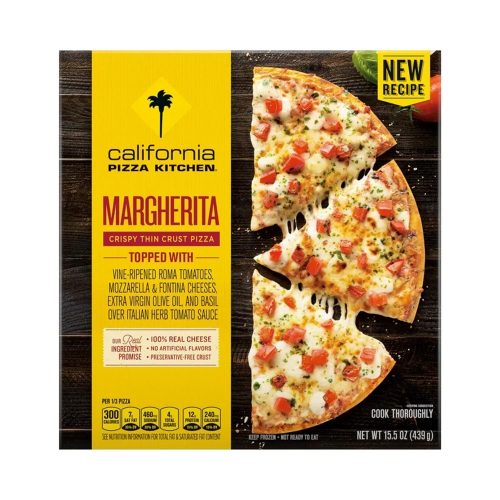
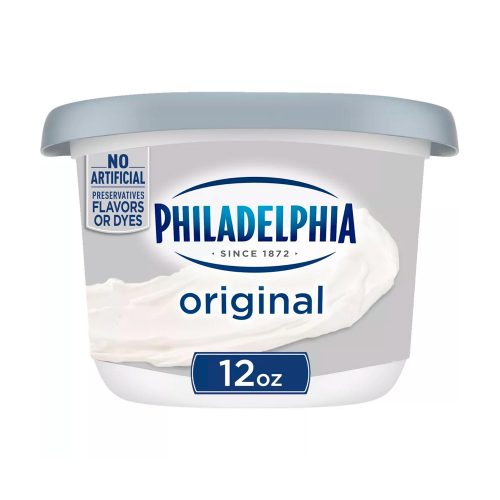
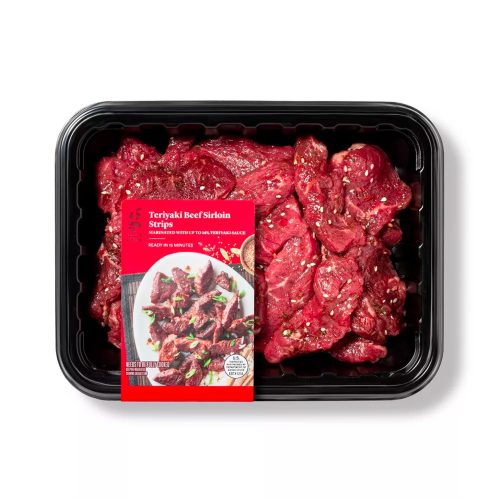

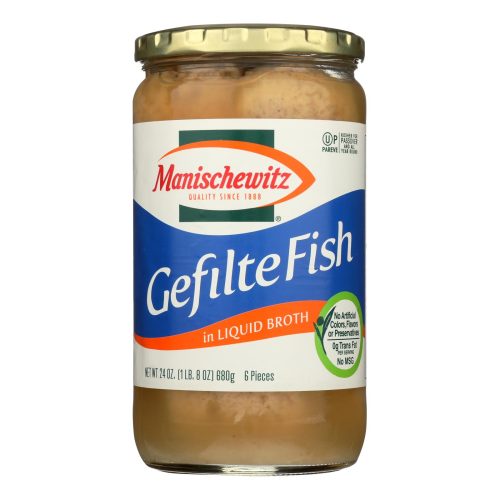
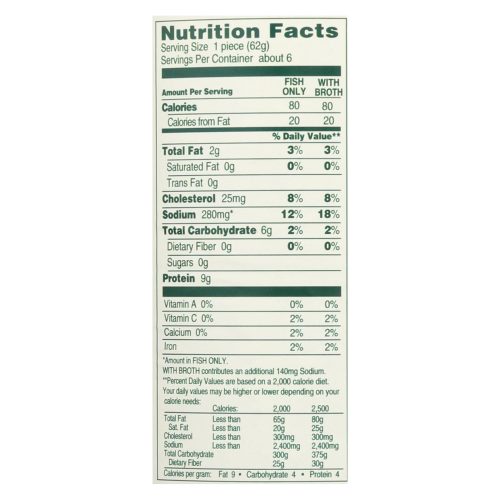
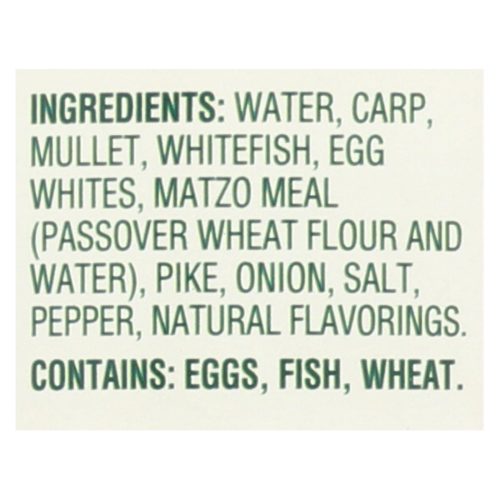
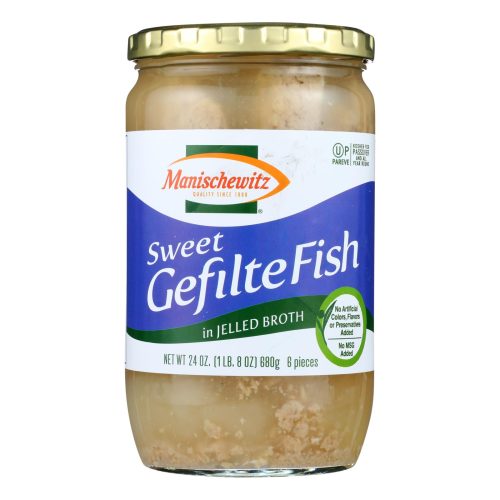
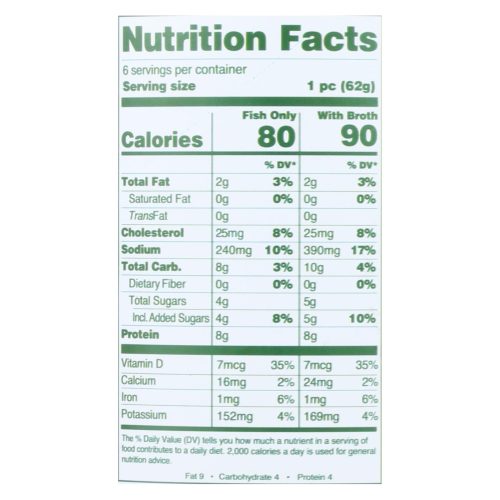
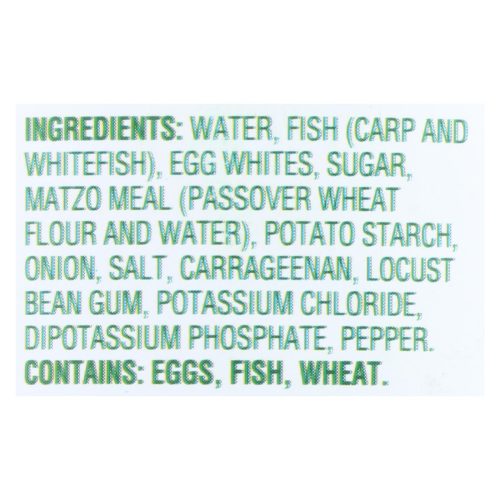












0 thoughts on “The Friday Checkout: Food Insecurity Keeps Retailers Off Balance”
Lorem ipsum dolor sit amet, consectetur adipiscing elit, sed do eiusmod tempor incididunt ut labore et dolore magna aliqua. Quis ipsum suspendisse ultrices gravida. Risus commodo viverra maecenas accumsan lacus vel facilisis.
Lorem ipsum dolor sit amet, consectetur adipiscing elit, sed do eiusmod tempor incididunt ut labore et dolore magna aliqua. Quis ipsum suspendisse ultrices gravida. Risus commodo viverra maecenas accumsan lacus vel facilisis.